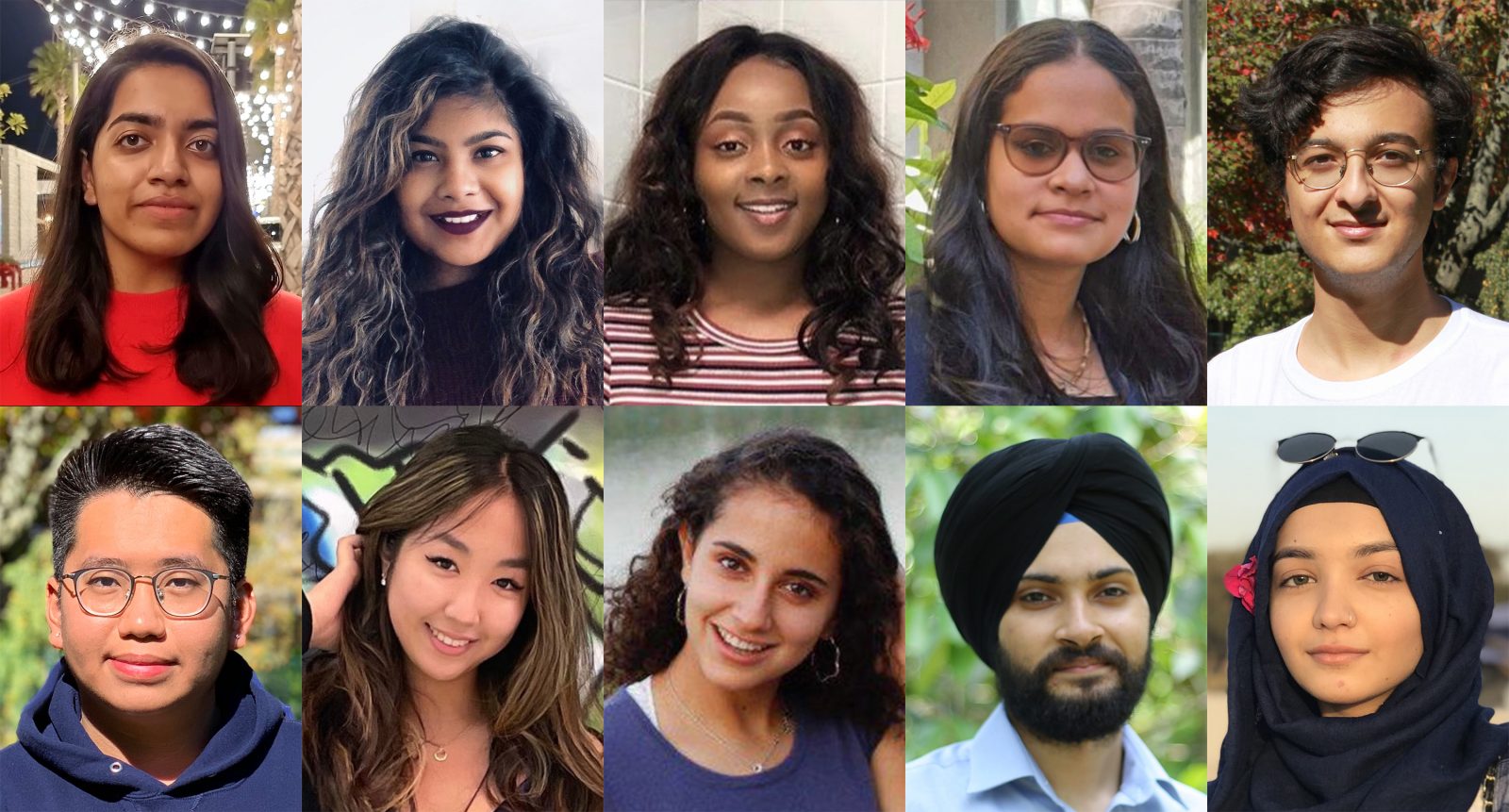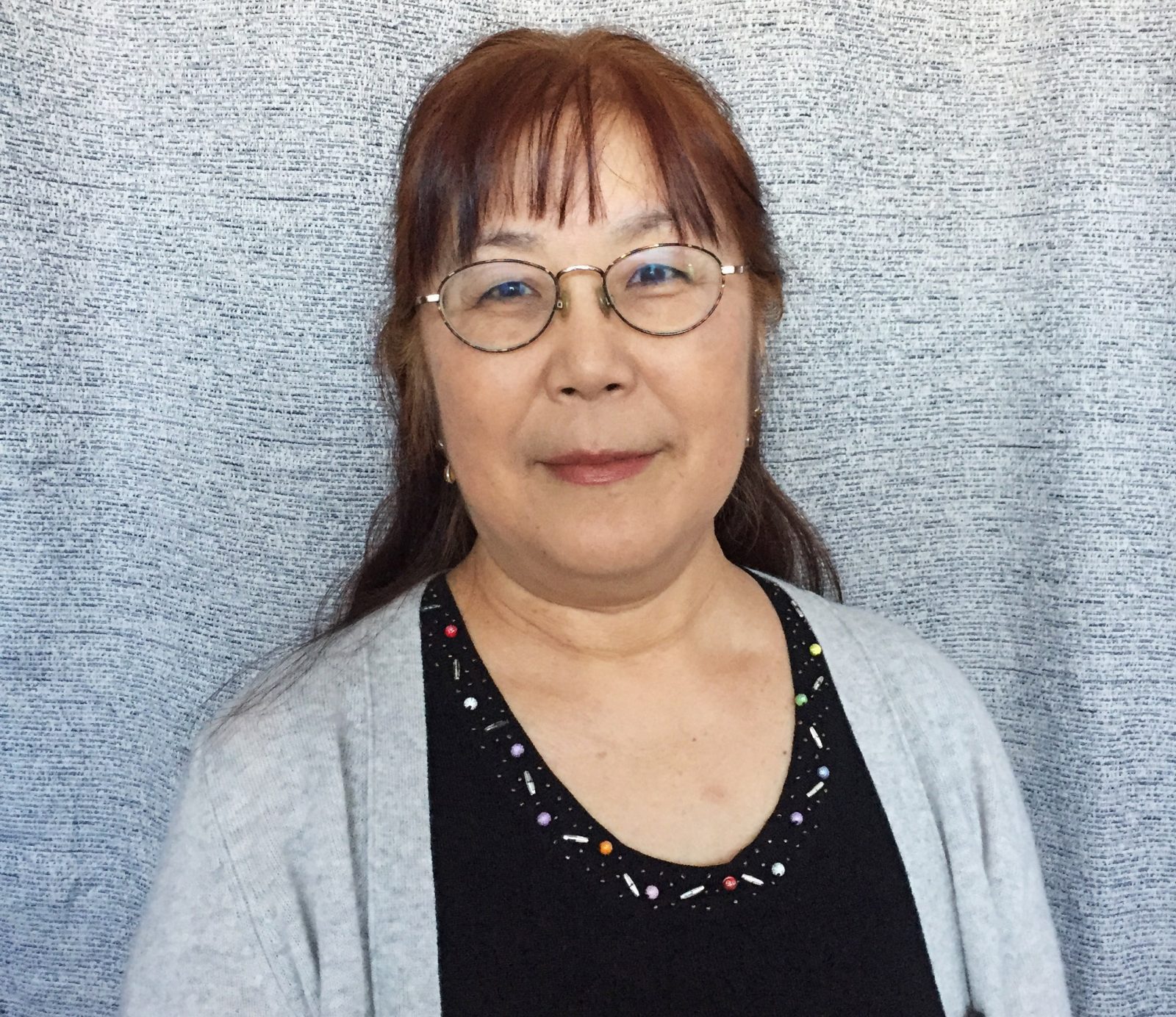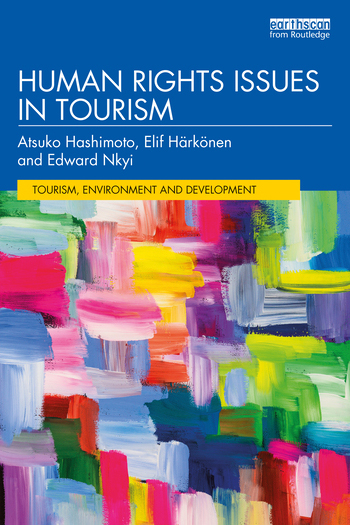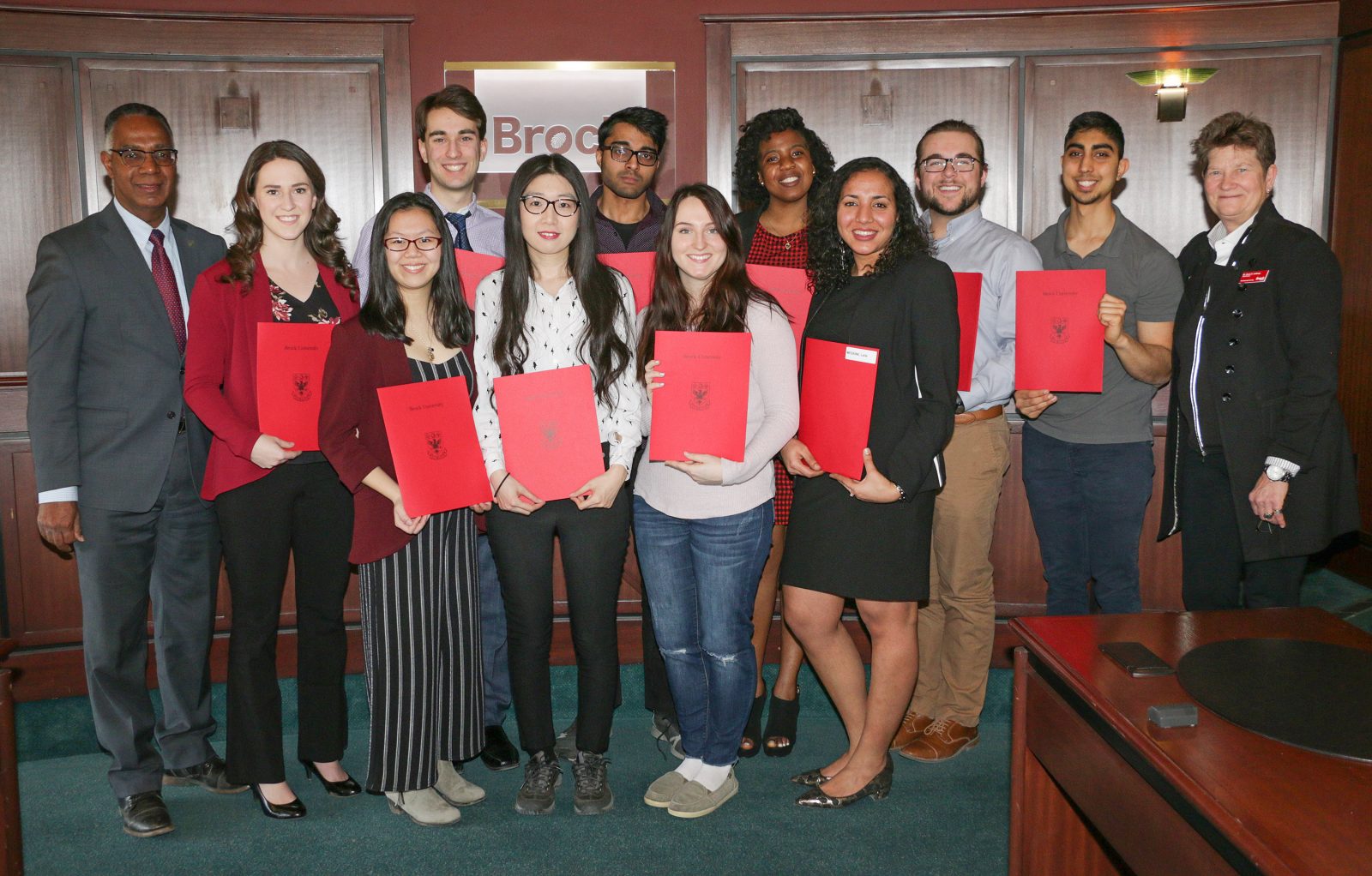Three Brock University teams have received a boost in funding for projects that aim to help Niagara organizations meet the needs of women and children during the pandemic and provide opportunities for Indigenous communities in the region’s tourism industry.
The Social Sciences and Humanities Research Council of Canada (SSHRC) has awarded the researchers a total of $57,477 through the Partnership Engage Grant (PEG) program, which provides short-term support for partnered research activities that respond to immediate needs and time constraints facing public, private or not-for-profit organizations in non-academic sectors.
With the funding, Political Science Professor Charles Conteh and his Niagara Community Observatory (NCO) group are working with the YWCA Niagara Region to raise awareness of the need for safe and affordable housing for women locally and to identify systemic barriers facing under-represented women.
Assistant Professor of Educational Studies Monique Somma and her team are partnering with the not-for-profit forest school Nature School and Education Centre in Lincoln to get a better understanding of how forest schools impact students’ mental health and well-being.
Professor of Geography and Tourism Studies David Fennell and colleagues have teamed up with the Niagara Regional Native Centre to develop new tourism opportunities for Indigenous people through the Niagara Peninsula Aspiring Global Geopark, an initiative that explores how the region’s unique cultural and Indigenous heritage has been influenced by the peninsula’s underlying geology.
Vice-President, Research Tim Kenyon says the PEG awards are a testament to Brock’s effectiveness in forming dynamic community research partnerships.
“The projects headed by Dr. Conteh, Dr. Somma and Dr. Fennell are powerful examples of how researchers and community organizations can come together to create positive change,” he says. “Each partner brings valuable knowledge to the table that, when combined, can make a tremendous difference in the lives of those around us,” says Kenyon.
“Brock has long seen success with the NSERC (Natural Sciences and Engineering Research Council of Canada) version of these grants, between science researchers and industry partners,” he says. “With the advent of PEG awards for social science and humanities research, we are seeing the breadth and intensity of Brock researchers’ engagement with the wider community.”
The NCO and YWCA formed a partnership last year following an NCO presentation on research dealing with affordable housing. The YWCA executive director was a panelist at that event.
“The co-applicants, Joanne Heritz, Kathy Moscou and myself determined that an NCO-YWCA partnership to advocate for affordable housing would provide an excellent opportunity for the YWCA to advance its goals for affordable housing set forth in its strategic plan for 2019-2024,” says Conteh.
The team aims to produce evidence-based research that would bring about policy changes to ensure that vulnerable women — particularly those who are Indigenous, racialized, seniors and low-income, among others — have access to emergency, transitional and affordable housing.
“Further, the YWCA-NCO partnership aims to provide policy options to address housing needs resulting from poverty and worsened by the economic disruption of COVID-19,” says Conteh.
He says that in 2020, 607 women, 55 men and 51 children in Niagara found sanctuary in YWCA emergency shelters and 120 women, 10 men and 78 children accessed YWCA transitional housing programs.
Somma’s work with the Nature School and Education Centre follows up on earlier research that the two pursued from the time their partnership formed in 2017. Those results revealed “an increasing need for more focused inquiries on mental health and well-being,” says Somma.
Forest schools are full- or part-time educational programs conducted in a variety of outdoor contexts, environments, age groups and climates. The programs take a ‘learner-centred’ approach in which children learn through playing, exploring and experimenting in woods or other natural settings.
“Given the strong connection between time in nature and mental health benefits, outdoor nature programming is touted as one possible way forward to address some of the mental health challenges coming from the COVID-19 pandemic,” says Somma.
Past research has shown that children aged six and younger have shown improvements in their overall health and well-being, increased motivation, concentration, confidence, knowledge of the natural environment and compassion by participating in forest schools, she says.
The Nature School and Education Centre is seeking research on the impact of forest schools on older children to help the organization shape its programs and plans, says Somma. The Centre plans to offer about 10 tuition-free spots one day a week to new students and parents who would find this education approach helpful.
Fennell says his work with the Niagara Regional Native Centre is looking at ways Indigenous people can “build new, cutting-edge tourism economies” connected to the Niagara Peninsula Aspiring Global Geopark.
A ‘geopark’ is defined by the Global Geopark Network as an area that has ‘exceptional geological heritage’ that has scientific value, is rare, good for education or is particularly attractive.
Opportunities for Indigenous communities exist in ‘smart tourism,’ which is the application of information and communications technologies to enhance tourism experiences and increase competitiveness, says Fennell. One example could be “personalized, interactive real-time tours,” he says.
“The development of these new economies provides an opportunity to strengthen Indigenous tangible and intangible cultural and ecological heritage, through the telling of stories and celebration of historical connections with the Niagara region.
Fennell says the research is meant to support the Niagara Regional Native Centre’s goal for Indigenous Peoples’ economic growth through principles and practices of sustainable development and is an “initial step” in developing a longer-term smart tourism project.
STORY REPOSTED FROM THE BROCK NEWS






